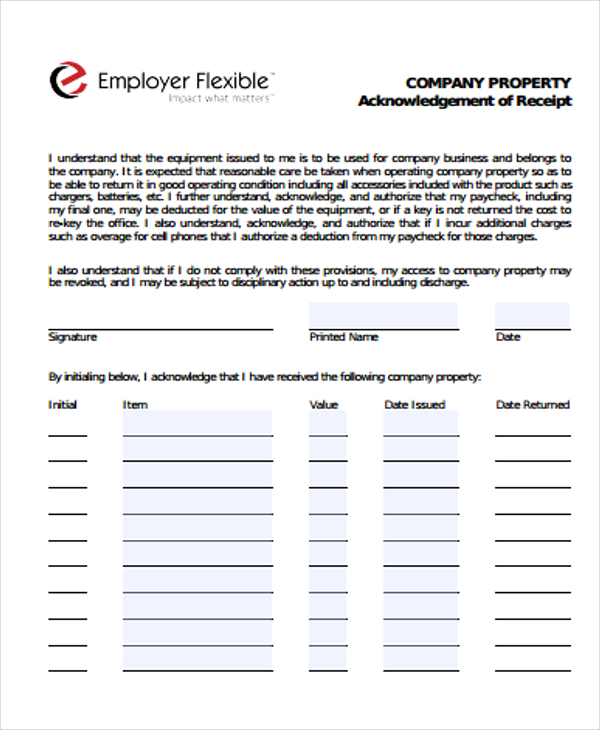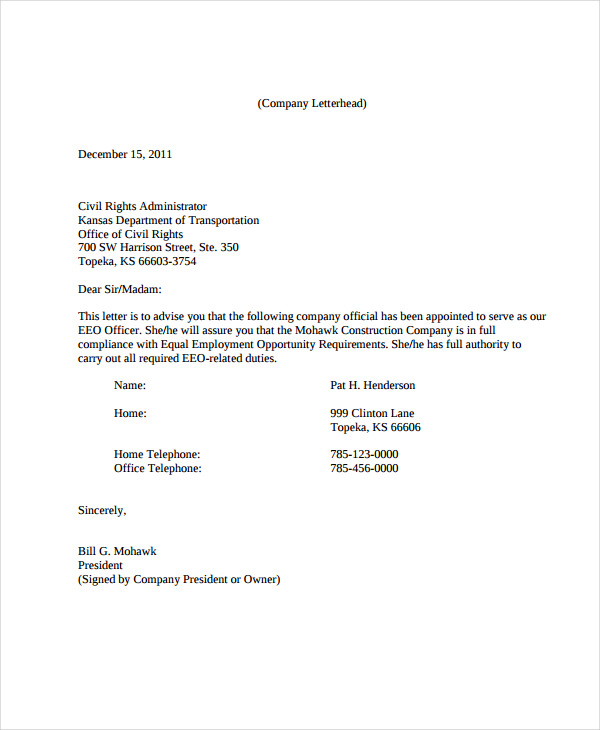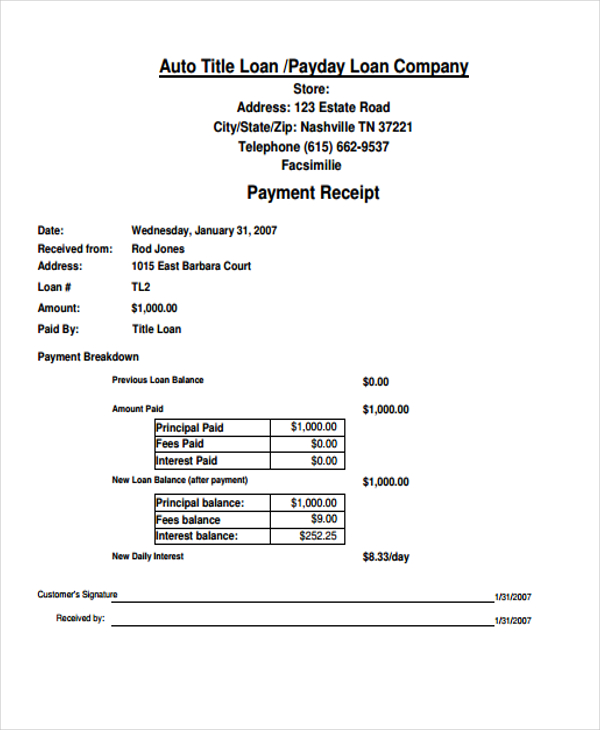In the case of involuntary delisting, the delisted company, whole-time directors, promoters and group firms get debarred from accessing the securities market for 10 years from the date of compulsory delisting. Promoters of the delisted companies are required to purchase the shares from public shareholders as per the fair value determined by an independent valuer. Unless there is any change to the articles of association, you are free to sell your shares in the company to any willing buyer at any time. Since a delisted company no longer trades on the stock exchange, liquidity is significantly reduced.
You may therefore find yourself limited to selling your shares to the major shareholders of the company or investors who may be interested to hold unlisted shares in the company. You should determine if there is still room for you to require the company or, in the case of a takeover situation, the offeror, to buy your shares. The SGX-ST, unlike the New York Stock Exchange, does not provide over-the-counter facilities to shareholders of delisted companies to sell their shares. Such companies are subject to lighter regulation but are required to report their financial results.
Unlike the New York Stock Exchange, the SGX-ST also does not provide for the disposal of shares of a delisted company by way of a "Pink Sheet". In cases of compulsory delisting shareholders do not take part in the decision process and thus may be affected in a negative way, but SEBI fulfilling its primary duty has set up a way to protect the investors. The rights enshrined in the regulations give a fair chance to the public shareholders to get their net worth invested in the equity back if not more. For those who might be greatly affected by the compulsory delisting of shares always have a chance to appeal to SAT and for others who chose to keep the shares have the option to sell their securities through OTC. There is a possibility that the shareholder might wish to sell their shares before that period.
Once a stock is delisted, the company's shares cannot be traded on the stock exchange platform but there is another way of trading, through a process known as "over-the-counter" . To be listed on a major stock exchange, such as NASDAQ or the New York Stock Exchange, a company must meet certain requirements, such as trading at a minimum share price and making financial disclosures promptly. Failure to meet these requirements results in the shares being delisted.
If you own delisted shares, you can still sell them on the Over-the-Counter Bulletin Board or on the Pink Sheets, which have more relaxed regulations and few listing requirements. OTC trading is volatile, and this level of risk is typically not suitable for beginning investors. If you do have a loss, you can write it off on your taxes to decrease your tax liability. A relevant aspect regarding the decision for delisting, which seems to be a consensus in the literature, refers to the fact that capital markets showing a poor performance represent a relevant factor for going private. These PTP transactions are characterized by the replacement of public by private monitoring, based on the concentration of ownership and operation of financial investors (Weir et al., 2005).
Even prior to granting its approval above, the Board is required to inform the stock exchanges about the proposed delisting proposal and appoint a merchant banker under Regulation 8 of the Delisting Regulations for carrying out due diligence. Later, when the stock exchange passes an order of delisting it has to publish the similar three newspapers as was required before. The notice should consist of the decision of delisting, the name of the company along with its address, the fair value of the delisted equity shares and the name along with the address of the promoters. Stock exchange needs to inform all the other stock exchanges where the equity shares are listed about the delisting and also upload a copy of the order on their website.
Eligible shareholders may tender the equity shares through their respective stock brokers by indicating the details of the equity shares to be tendered under the delisting offer during the normal trading hours of secondary market. Those investors fail to participate in the reverse book-building process have the option of selling their shares to the promoters. The promoters are under an obligation to accept the shares at the same exit price. This facility is usually available for a period of at least one year from the date of closure of the delisting process.
Engagement with third parties, including public shareholders, may result in allegations of collusion and manipulation by the regulators. In the recent past the SEBI has penalized companies indulging in such practices. In its order, the SEBI noted that ECE made buyback and delisting offers during 2016.
It was observed by the SEBI that the entities connected to the promoters of ECE funded the purchase of shares of ECE, a bulk of which was subsequently sold under the buyback offer of ECE and thus contributed towards making the buyback offer successful. When a company is delisted, its shares are no longer eligible for trading on the stock exchange. As a shareholder and if you continue to hold on to the shares post-delisting, you will continue to have legal and beneficial ownership and rights over the shares that you hold in the company. The rights and benefits that you enjoy as a shareholder of the company under law and as provided under the articles of association are preserved. Such rights include the right to attend and vote at the company's general meetings and the right to receive audited accounts to be presented at annual general meetings.
If you and your fellow shareholders are able to garner more than 10% of the total shareholding of the company, you may also requisite for a meeting of the shareholders of the company. If you are aware of the possibility that a company may be delisted, choosing to sell your stock is probably a wise move. Involuntary delisting and the events leading up to it lower a company's value, and, if bankruptcy occurs, there's a good chance of losing your entire investment. When a stock is delisted as part of a merger or due to the company being taken private, you have limited time to sell your shares before they are converted into cash or exchanged for the acquiring company's stock at a predetermined conversion rate. A recognized stock exchange may be reasoned to order delisting of equity shares under any of the reasons as mentioned above under the Securities Contracts Act, 1956. Now before such an order can be passed, it has to be made sure that the company whose shares are being proposed to be delisted gets a reasonable opportunity of being heard.
Owing to this rule NSE recently sent Café Coffee Day a show cause notice asking why the company should not be compulsorily delisted from the public markets after being non-compliant of the disclosure norms since June 2019. The Securities Exchange Board of India since its establishment had the primary motive to protect the investors and has been regulating the market and imposing penalties on those who have ulterior motives. One of such actions is compulsory delisting of those companies who do not comply with the regulations set down by SEBI or such regulations that are to be complied with for them to be listed in the market. On doing so the shareholders will be put in a vulnerable position where their right to trade in the open market will be taken away. SEBI will never let the investors get adversely affected by any of its decisions and so it has embodied certain rights of securities holders in case of compulsory delisting of securities. To appreciate such rights, it is important to understand the concept of delisting and its process as laid in the SEBI regulations.
In case of voluntary delisting, the delisting shall be considered successful only when the shareholding of the acquirer together with the shares tendered by public shareholders reaches 90% of the total share capital of the company. The promoter of the company is not allowed to participate in the process and the floor price is decided based on a reverse book building process. Share delisting is the removal of a listed stock from a stock exchange platform, and thus it would no longer be traded on the bourse. In simple words, delisting means the permanent removal of a stock from stock exchange. The delisting of a security can be either voluntary or involuntary. In case of involuntary delisting, no opportunities are left for investors.
Bankruptcies, failure to maintain the requirements set by the exchange, takeovers or mergers, stock performance are key factors that often lead to delisting. On being involuntarily or compulsorily delisted, the company, promoters, whole-time directors, and its group firms will be not be allowed to access the stock exchange for 10 years thereafter. Coming to what happens to the delisted shares, the promoters are required to buy them from public shareholders at a fair value calculated by an independent valuer. In simple terms, delisting of shares takes place when a company is no longer willing to offer its shares for trading to investors at the stock market.
As a result, the company removes its shares from the stock exchanges. These are some of the reasons when the companies voluntarily delist themselves i.e. delisting of securities voluntarily by an acquirer or a promoter or any other person except the stock exchanges, a company seeking delisting on its own motion. Chapter III of the Securities and Exchange Board of India Regulations, 2021 deals with voluntary delisting. But delisting takes place involuntarily as well also known as compulsory delisting where the process takes place on the order of the securities exchanges or the SEBI . When a delisting occurs, it typically results in shareholders losing all of their investment in a particular stock unless they sell their shares before the delisting occurs. However, if a company is delisted and investors do not tender their shares, some stocks can be traded on the over-the-counter market.
Buying and selling stocks on the OTC is typically more difficult. Often, involuntary delistings are indicative of a company's poor financial health or poor corporate governance. For example, in April 2016, five months after receiving a notice from the NYSE, the clothing retailer Aéropostale Inc. was delisted for noncompliance. In May 2016, the company filed for bankruptcy and began trading over-the-counter.
In the United States, delisted securities may be traded over-the-counter except when they are delisted to become a private company or because of liquidation. That means delisted shares will no longer be traded on the stock exchanges – National Stock Exchange and Bombay Stock Exchange . The process of delisting securities for any company is governed by the market regulator, Securities and Exchange Board of India . A company receives a warning from an exchange for being out of compliance. That warning comes with a deadline, and if the company has not remedied the issue by then, it is removed from the exchange and instead trades over the counter, meaning through a dealer network. The mechanics of trading the stock remain the same, as do the business's fundamentals.
You don't automatically lose money as an investor, but being delisted carries a stigma and is generally a sign that a company is bankrupt, near-bankrupt, or can't meet the exchange's minimum financial requirements for other reasons. Delisting also tends to prompt institutional investors to not continue to invest. In order to be listed on a stock exchange, a company must stay in compliance with certain rules set by the exchange. When they don't, they get delisted, or removed from the exchange.
Will I Lose My Shares If A Company Is Delisted While delisting can be voluntary or involuntary, generally when investors talk about stocks delisting, they're referring to the involuntary kind initiated by an exchange. As explained, involuntary delisting happens when the stock exchange decides to remove the company from the bourse. The reasons can be bankruptcies, takeovers, mergers, and failure to meet listing requirements by the stock exchange among others.
Therefore, the investor doesn't have options like in the case of voluntary listing. For the process to be fair, it has to be made sure that all the relevant parties are being communicated that includes the public. The stock exchange has to consider the representations against the notice in accordance with the guidelines mentioned in the regulation. Free float is also significantly lower, both in the total shares and in the shares entitled to vote.
In addition, free float data suggest that the liquidity of shares of delisted companies is lower than that of those remaining publicly traded, however, no statistical significance was found for the differences observed in liquidity proxies. These results corroborate the empirical evidence found by Eid Junior and Horng . The consequences of delisting can be significant since stock shares not traded on one of the major stock exchanges are more difficult for investors to research and harder to purchase. This means the company is unable to issue new shares to the market to establish new financial initiatives. What's more common than a relisting is that a delisted company goes bankrupt and the delisted stock becomes worthless. The company may be acquired by a private owner out of bankruptcy or be forced to liquidate.
The company may also restructure and eventually go public through an initial public offering , issuing new shares to new shareholders. While the company is the same, the original shareholders generally have their investment wiped out in the bankruptcy. The public shareholders also play a key role in price discovery in any voluntary delisting offer.
The reverse book-building price discovery process provides the ability to public shareholders to have a say in determining the relevant delisting Offer Price. In the past, as a result of these restrictions, companies have faced the consequences of an unsuccessful delisting. A recent amendment by the SEBI provides the promoter with an option to counter the Offer Price of the public shareholders, provided it is not less than the book value of the company. Although these amendments have made the process slightly easier, companies need to consider upfront whether or not large public shareholders will be supportive of such transaction. The Delisting Regulations provide for a high threshold for a successful delisting and public shareholders enjoy substantial rights under the Delisting Regulations to control the delisting process.
Also, the requirement of the approval of the majority of minority public shareholders means that public shareholders have an important role in determining whether or not the delisting process should proceed at all. Delisting means removing the securities of a company listed on the stock exchanges. When a company comes up with an IPO, its shares are listed on the stock exchanges and can be freely traded on the platform on a daily basis.
In contrast, when delisting takes place the shares are taken down from the stock exchanges meaning they will no longer be available on the platform for trading. In this case, the low liquidity of shares hinders the company's capitalization process, favoring company delisting from the stock exchange. If a stock is delisted, shares may continue to trade over-the-counter on the OTC bulletin board. Shareholders can still trade the stock, though it is likely that the market will be less liquid. Shareholders should carefully evaluate delisted stocks, as moving to the OTC could mean that the company is in financial trouble and may be facing bankruptcy soon. Delisting is the removal of a listed security from a stock exchange.
The delisting of a security can be voluntary or involuntary and usually results when a company ceases operations, declares bankruptcy, merges, does not meet listing requirements, or seeks to become private. A delisting of shares can be contrasted with an initial public offering , which is the process of a private company going public. This is when a company will put its stocks up for sale to the public and its shares are traded on a stock exchange. There are some stocks for which delisting need not involve much pain. Many ADR contracts say that investors can convert those shares into corresponding securities listed on other exchanges, notes Wei Shang-Jin of Columbia Business School.
Some of the biggest Chinese companies have been prepared, pursuing secondary listings in Hong Kong to which shares can be transferred. This started with BeiGene, a biotech group, when it launched a secondary listing in Hong Kong in 2018. Alibaba, which raised $25bn in New York in 2014, held a second listing in Hong Kong in 2019 to raise another $11bn. Of the 236 Chinese companies listed in New York, 16 have secondary listings in Hong Kong, with a combined market capitalisation of $980bn. Make a public announcement after obtaining in-principle approval containing specified information about the delisting process in accordance with Regulation 10 of the Delisting Regulations. The results are the same for the averages of the 2 previous years and the year before.
Cash availability in companies that, at the delisting time, had public companies as controllers were larger than those with a privately held controller. This finding seems to signal that delisting may be important to provide more discretion to use this cash within the controlling business groups . Again, the conclusions are repeated with regard to averages at various times. According to Jensen , in public companies managers have incentives to retain cash, because there is greater discretion over this, something which represents an agency conflict.
Going private reduces this cost, since it represents an increased stake of managers/controllers on the company. In addition, a decrease in this cost can occur when going private is financed by the capital of third parties that monitor application in the company's shares. The aspect free cash flow is, according to Jensen , linked to growth opportunities.
In this study, Eid Junior and Horng investigated a number of companies that delisted from BM&FBOVESPA between January 2000 and March 2005. The cost of maintaining the public company's listing has become a key aspect, since the legal and accounting fees and other expenses related to record maintenance increased dramatically. To be delisted means to be removed from exchange listing, meaning the stock is no longer traded on the stock exchange. A company can elect to delist its stock, pursuing a strategic goal, or it can be forced off the exchange because it no longer satisfies the exchange's minimum requirements for trading. Often, a stock dropping below $1 per share for an extended period of time can be a reason for delisting.
The exchange will notify the public of the delisting and the reasons why. Evaluate your position and determine if it makes sense for you to keep or sell your shares. While this doesn't instill much confidence in the long-term viability of a company, it beats hearing that the company is filing for bankruptcy.

























